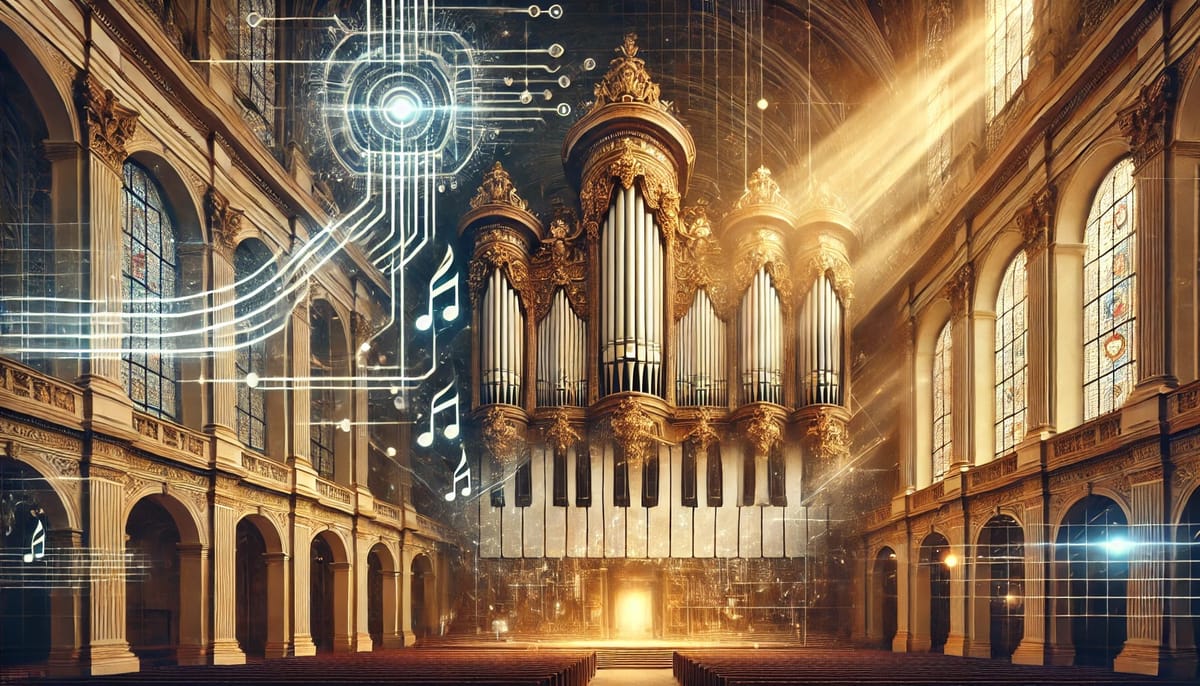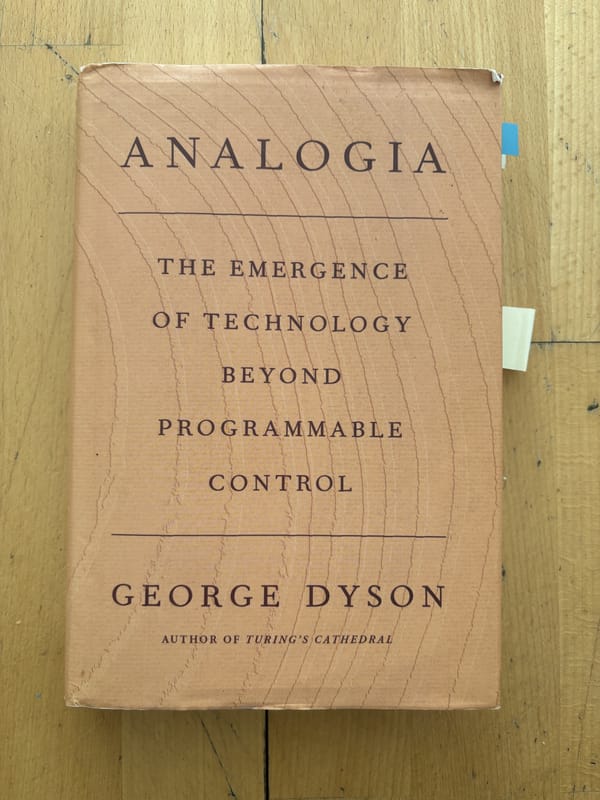Bach in the country

This year marks the 275th anniversary of the death of Johann Sebastian Bach. His music is uniquely and characteristically rigorous and structured. Yet listening to Bach's music almost unavoidably provokes you to perceive notes of transcendence.
In his honor, church musicians in the county of Freising – where I live – decided to organize a performance of his complete (ca. 220) organ works throughout churches in the county in a concert series spanning the whole year.
I'll note the obvious: this is not a major jubilee. Freising is an old and wealthy town of fifty thousand inhabitants an hour north of Munich. Freising's surrounding largely rural county manifests an economic crescendo from agricultural in the north towards industry and science down towards Munich, one of Europe's richest cities. The archdiocese of Munich-Freising, a main funder of church music here, is one of the wealthiest catholic dioceses in the world with total assets of several billion euros.
There is an abundance of skill and appreciation for the performance of complex, old, religious music to the extent that a peripheral (don't say commuter) county can stage this marathon with entirely local talent and expect packed venues. The result is free world-class concerts in faraway places.
Systems that nurture musical skill, talent and appreciation are actually not enough: Magnificent churches house the instruments and provide the background to the concerts. They provide place, as well as presence for organs and listeners. Buildings and instruments alike require investment, maintenance and preservation. No amount of money could achieve that without craftspeople who can make a living exercising ancient and artistic skills or preservation and creation. Economic systems keep centuries-old practices alive to build and maintain these incredibly resonant bodies of wood, plaster and stone and make them sing.
Such systems are sociological machines that create outcomes and side-effects from the input of human behavior. What do they have to do with computing and power?
For one thing, this is my site and I like Bach's music. And I think it's nice that you, my reader, know this about me.
Douglas Hofstadter elaborates on connections between computing and Bach's music in his beautiful book "Gödel Escher Bach." He connects the self-referentiality in Bach's fugues with an articulation of Gödel's incompleteness result. Gödel uses numbers that talk about themselves to prove that arithmetic systems cannot mechanically decide what's true about them.
Music has a beat just as an algorithm has a clock. Things happen in sequence or in parallel either harmoniously or asynchronously. Just as you can never mechanically figure out what software does before you run it, you can never quite predict the effect of a piece of music before it is performed.
Almost by necessity, therefore, computing is synonymous with simulation. Code wants to run, a program's meaning is that which happens when one executes it. Executing it "in production" is the same as executing it "for testing" – except that in the former case we allow it to run wild, when in the latter case we fence it in.
Simulation mediates between perception and reality. Systems control the way things are, how people live, what people know and how we do things. Therein lies power, no matter whether it is exercised by states or corporations. Systems slow things down and sometimes speed things up. They shape our expectations of what's possible and what we can achieve. Newspapers prioritize information; schools teach us to think and do things in a certain way; the church trains organists; tech companies bombard us with ads; governments allocate resources and put people in jail.
The question is: do the systems shaping our societies allocate resources to productive uses? Do they make our lives better and freer? Do they lead us to becoming our best selves? Do they allow us to make mistakes? Realize our ambitions? Create healthy and prosperous societies? Protect our communities and solve the problems that we face?
Some of the systems that have been put in place in the past to propel our capacities beyond our natural state continue to enable us to produce inimitable feats of beauty and insight. They give us cultural public goods of incomparable wealth. Others merely distract and hold us back as computing systems grow the power and the knowledge in the hands of individuals exponentially.
Can we in Europe learn to distinguish one from the other type?
Short of alleviating the obstructions, we should realize, that accepting the irreversible growth trajectory of power that computing systems put in the hands of citizens is not a threat to the traditions of excellence that anchor our culture. In fact, only if we transcend through the consequences of this power shift will we find robust grounds for these cultural systems that define ourselves to root on.


